When most people meet a deaf person, they have no idea what to do and no idea how to communicate with them.
To me it’s my everyday life.
My parents are both deaf. My dad since birth and my mum since she was two.
They met at a deaf club Valentine’s disco and they’re the only people in their families who can’t hear.
I have to translate conversations for them and let them know what’s going on every day.
I don’t scream from the rooftops about this part of my life, but I will happily talk about it if people ask.
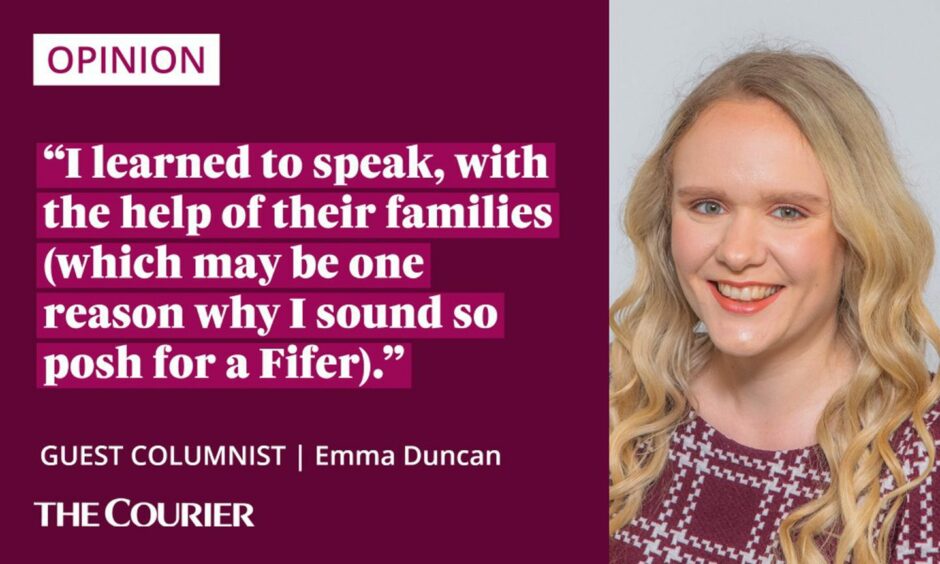
I thought my upbringing was the same as every child’s.
I still experienced the same things everyone else did. But there are also lots of things that seem normal to me that are outside other people’s understanding.
Normal life for a child of deaf adults
It means I’ve always been the one to…
- Translate conversations at family gatherings and at appointments.
- Have my mum say “yes” down the phone when someone asks if I have her permission to deal with an important phone call on her behalf (the whole reason I am phoning is because she can’t).
- Keep an ear out for announcements at the airport.
- Have my dad knock on the ceiling of the living room to let me know dinner is ready.
- Quieten my voice when I’m speaking to them.
- Only text or video call my parents.
- Have people stare at us when we are talking away in sign language, fascinated by what we are doing. It is why I love the BSL Act so much, since it recognises sign language as an official language.
- Have people terrified to speak to my parents after finding out they are deaf.
These things happen all the time. Just not to most other people. And over time I’ve learned to realise that.
Awareness is growing, thankfully.
Films like CODA (which stands for child of deaf adults) and people like Rose Ayling-Ellis (especially THAT Strictly dance) and Love Island’s Tasha Ghouri have done amazing things for the deaf community.
"In the last few months so much has changed…it shows you how powerful TV can be."
Rose and Giovanni's silent dance during the last series of Strictly Come Dancing took home the Must See Moment award at the #BAFTAS 🏆
More: https://t.co/wULziupfIF pic.twitter.com/WFOtKJonNt
— BBC Breakfast (@BBCBreakfast) May 9, 2022
But there is still a long way to go.
And I suppose raising awareness is what I’m trying to do here too.
A life of learning from one another
Deaf people are exactly like you and me. They just can’t hear.
Until I was old enough to understand, I was told “mummy and daddy’s ears are broken”.
My parents taught me sign language from a young age. There is footage somewhere of me signing thank you into the video camera as a kid on Christmas Day.
They say I started finger spelling at three-years-old.
And despite their limitations my parents live life to the fullest. I wouldn’t change them for the world.
They have excellent English for people who have never heard it spoken before. But they’re aware it’s not as good as a lot of people’s.
I’ve helped them fix their grammar and spelling my entire life.
And I learned to speak, with the help of their families (which may be one reason why I sound so posh for a Fifer).
Getting into journalism
So how did a girl who was surrounded by people whose communication is limited turn out to be a journalist?
The answer is my high school’s (award winning) radio station. I got involved as a nervous 11-year-old and 14 years later I’m working for the most widely-read newspaper in Tayside and Fife.
And surprisingly, my upbringing has actually been a massive help to me in following my dream career.
It’s taught me the importance of effective communication and making sure information is easily accessible and understood by everyone.
Journalism is all about making stories as easy to understand as possible for our readers.
And if my parents can understand my stories, I’ve done my job right.
It’s maybe been a less straightforward process for me.
My parents can’t check my grammar or spelling and can’t hear my presenting voice.
I’ve had to figure all of this out myself with help from lecturers and colleagues.
But my limitations make me strive to work even harder and keep making them proud.
I’m writing this now because of a conversation my boyfriend had with another friend.
It went something like “your girlfriend is a journalist but her parents are deaf – that is so cool”.
I’ve never thought about it like that, but I suppose it is.
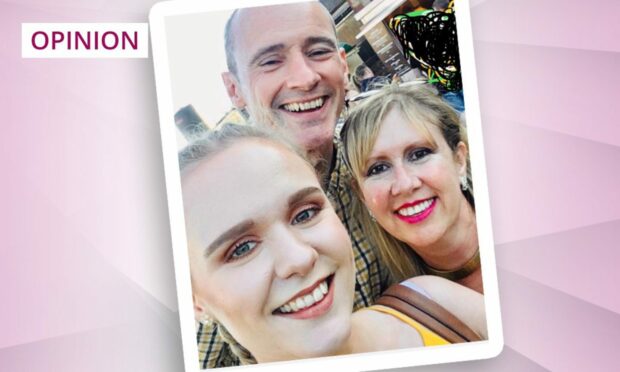
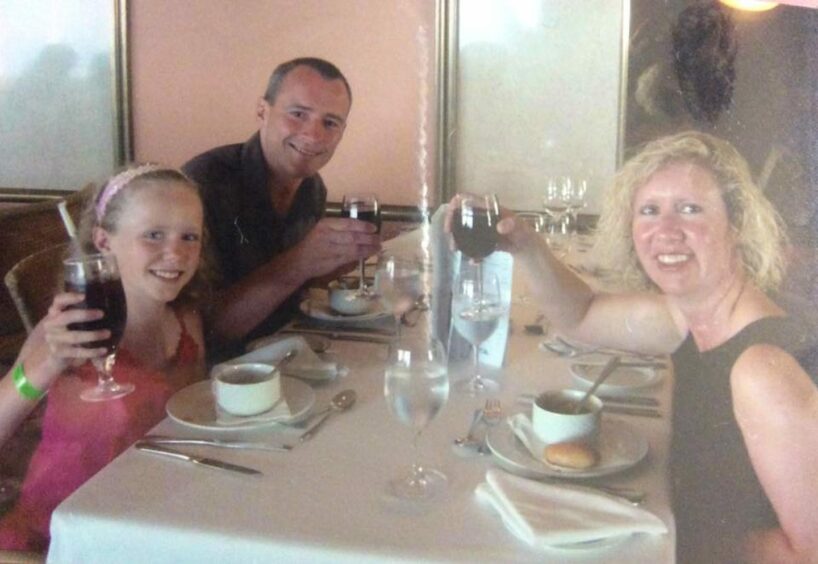
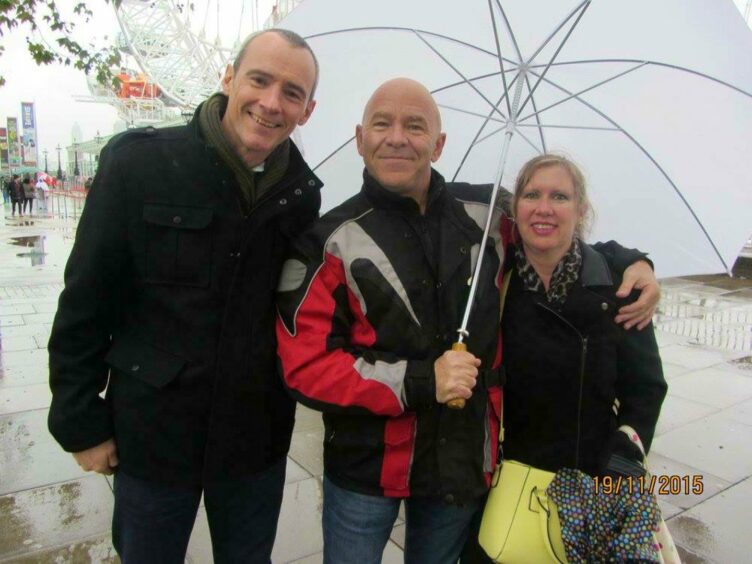
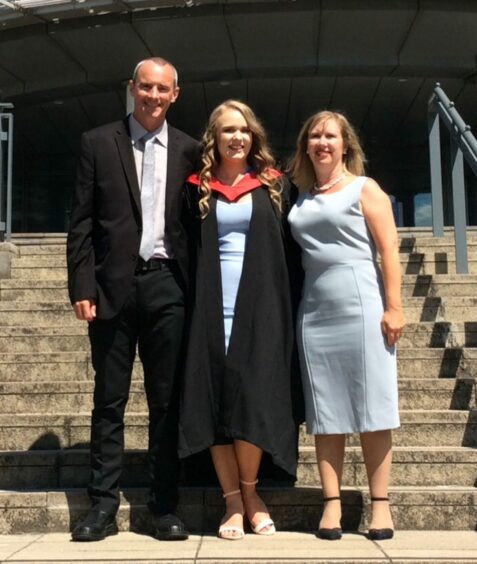

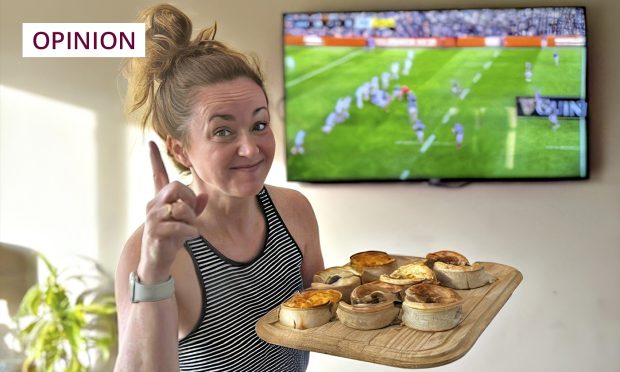


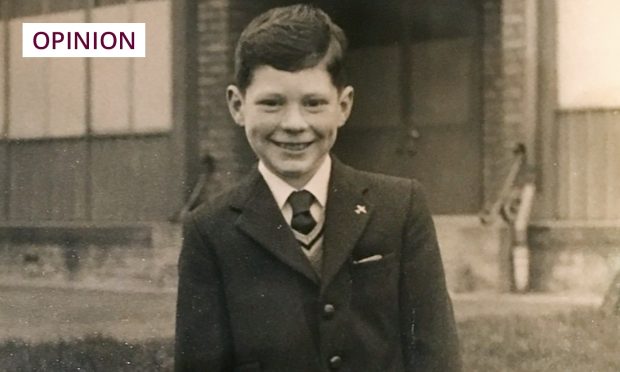
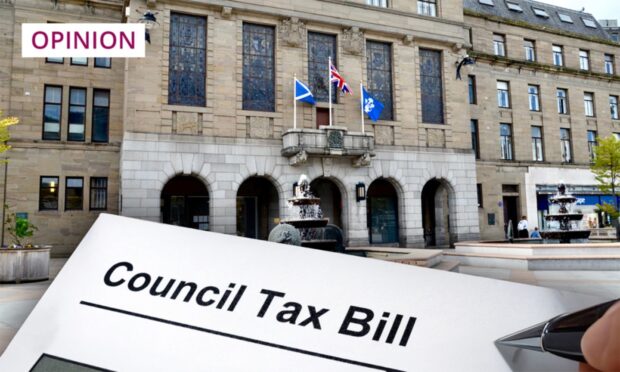
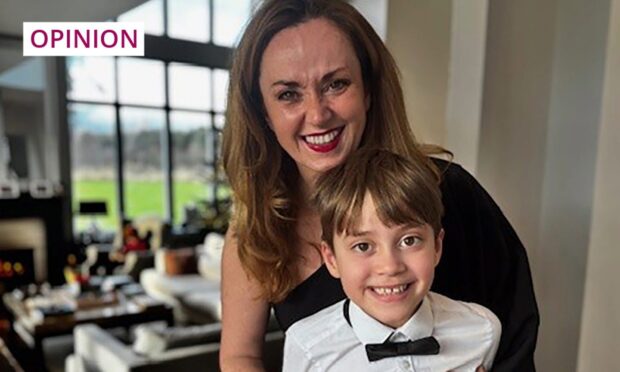


Conversation